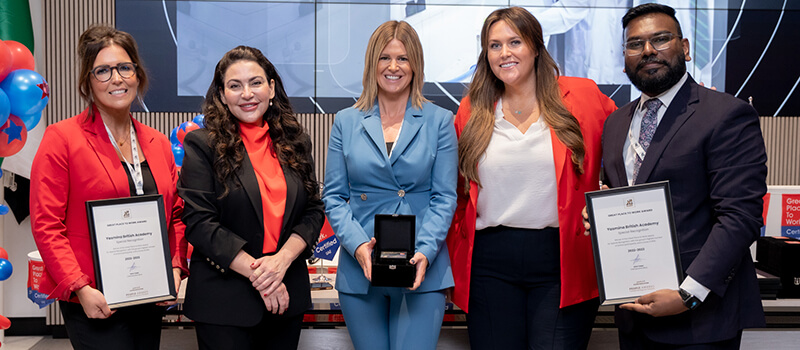Get Ready for Your IELTS Test With These 5 Simple Ways
Introduction
Congratulations! You’ve decided you want to study in an English-speaking country. Congratulations again! You’re about to take one of the most important exams for your future career. The International English Language Testing System (IELTS) is used by more than 9,000 organizations in 130 countries around the world. It assesses whether you have the academic skills needed for university study or professional training. To be accepted at many colleges and universities, including ours, you need an overall band score of 6 or higher (on a scale from 1 to 9).Start early.
- Start early.
- You should start your preparation for the IELTS test early, at least six weeks before you plan to take it. This gives you time to learn the skills needed in order to pass the test and avoid procrastination. If you need extra practice, then start even earlier.
- It is important that you overcome any distractions and stay motivated throughout this time period so that when exam day arrives, nothing will stand in your way of success!
Do a mock test.
IELTS exam practice tests are designed to be as close as possible to the real thing. They include all of the tasks you’ll see in your test, from writing an essay to answering a short conversation. Mock tests help you understand how well you’re doing, so it’s important to take one at least once per week. Doing this will help you identify any weaknesses that need improving and give yourself confidence for your actual test day! If you want to find out more about how mock tests prepare you for an IELTS exam, check out our post on “How To Pass The IELTS Test.”Work out which way works best for you.
You’ll want to find a study method that works for you, but before you do that it’s important to know how each method works. Just because one person finds something useful doesn’t mean it will work for you. For example, some people like listening to audio books while they’re driving or cooking; others prefer watching videos on their mobile devices or tablets. If one method isn’t working well for you in the beginning, don’t give up on using it altogether—just ask someone who has more experience with your preferred learning style if they have any suggestions as to how they might be able to help make things go more smoothly next time! If possible, try finding a way of studying that can be used long into the future without requiring much adjustment every time something new comes along (eBook readers are great examples). For instance: If a professor says “We’re going over this new textbook now,” then having an eTextbook would come in handy here since there aren’t any major changes required in order for everything else about your routine notations about studying for tests remain relevant throughout high school.”Don’t just do the same thing over and over again.
- Don’t just do the same thing over and over again. This is one of the most important things to remember when preparing for an exam. You may have heard it before, but you should never just read the same book or listen to the same podcast over and over again.
- Instead, try reading a variety of books on different topics and listening to different podcasts that cover a range of interests so that you can get used to dealing with large amounts of information at once.
- It is also important that you watch a wide variety of movies while preparing for your test so that you don’t become bored by having watched too many comedy films or dramas in a row; this will help prevent “media fatigue” from setting in during your exam itself!
Remember that your goal is to pass, not to get the highest score possible.
- Remember that your goal is to pass, not to get the highest score possible. Passing an IELTS test will allow you to immigrate or travel abroad and study at a university, so it’s important to remember that even if you don’t do well on the exam, there are other ways for you to achieve your goals. If your only goal is getting a high mark on your test, then this will result in stress and anxiety when taking the test—and that won’t help!
- Focus on preparing well for each area of speaking and writing. The best way to do this is by planning out what topics you will cover in each part of the test (reading comprehension, structure and written expression) so that they align with one another.
Studying in the right way can increase your chances of passing an exam like IELTS on your first try.
Studying in the right way can increase your chances of passing an exam like IELTS on your first try. You should start early, and do a mock test.- Start early! You should start a few weeks before the test, so you have time to practice with all four sections of the exam.
- Do a mock test! This is important because it allows you to get used to actually taking the test. It will help you understand what kind of things they’re looking for when grading essays and listening comprehension questions—and how long it takes them to read those types of questions aloud or read those types of essays back at double speed (speed reading).
- Work out which way works best for you: Are there certain strategies that work well for others but not so well for me? For example, some people prefer listening comprehension exercises over reading comprehension exercises because they find it easier than reading aloud from a script; however some find this more difficult than others depending on their level of fluency in English.”







